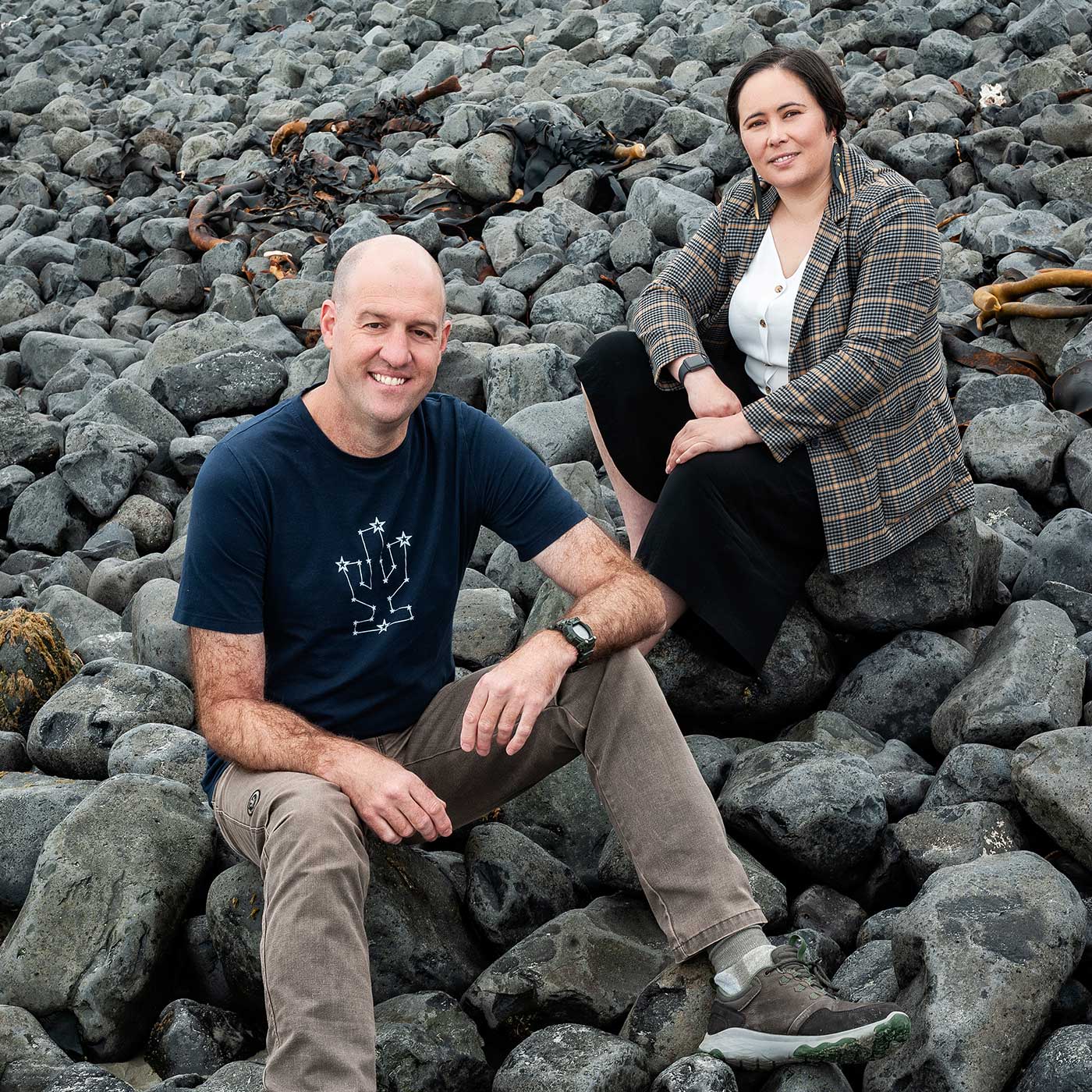Opinion
Invested interest

Dr Sebastian Gehricke: “There is now enough evidence to say fairly confidently that companies with a higher ESG rating have more long-term resilience…”
The coronavirus pandemic has accelerated the trend towards more sustainable investing, according to Dr Sebastian Gehricke (Accountancy and Finance).
Gehricke specialises in Environmental, Social and Governance (ESG) investing, which takes into account more than just the financial return to investors.
“It considers the environmental risks and opportunities, social impacts and how a company is managed,” Gehricke explains.
“There is now enough evidence to say fairly confidently that companies with a higher ESG rating have more long-term resilience and, therefore, lower risk to investors, especially in crisis periods.”
Gehricke says that individual investors, investment managers and financial institutions were already starting to take note of this before COVID-19, but the pandemic has increased the pace of transition to a more sustainable finance system.
He cites, as one example, the increasing popularity during the COVID-19 pandemic of “social bonds”, through which investors fund projects with measurable, positive social impacts, such as reducing child poverty.
“These social bonds are really taking off and I think that is likely related to the awareness of the massive societal impacts of COVID-19.”
Gehricke, who is the deputy director of the Otago Business School's Climate and Energy Finance Group, says that governments, in providing stimulus to the economy in response to the crisis, also have a massive opportunity to transition to a more sustainable society.
Last year, Gehricke organised a conference on ESG investing for COVID recovery and this year is introducing, at the University of Otago, the first sustainable investments course in New Zealand.
